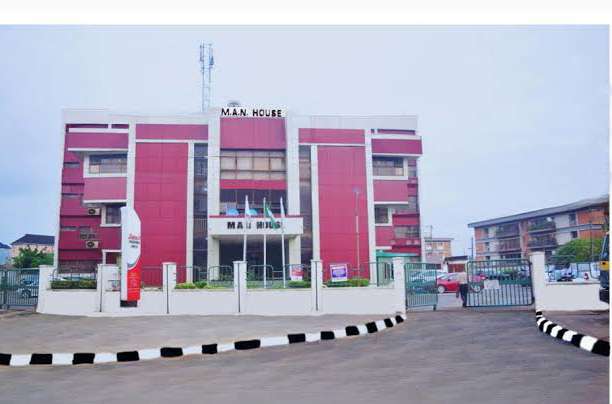Business
MAN raises concerns over shrinking industrial sector despite GDP growth

The Manufacturers Association of Nigeria (MAN) has expressed deep concern over the continued decline in the contribution of the industrial sector to Nigeria’s Gross Domestic Product (GDP), warning that the trend poses a serious threat to long-term economic development.
Reacting to the National Bureau of Statistics (NBS) report showing a 3.13 percent GDP growth in the first quarter (Q1) of 2025, MAN’s Director-General, Segun Ajayi-Kadir, said that while the figures indicate potential for recovery, the underlying data point to a worrying structural shift in the economy.
In a statement, Ajayi-Kadir noted that the rebased GDP, largely driven by improved data from agriculture, services, and the informal sector, reveals a troubling decline in the industrial sector’s share of the economy.
“It is important for us to express our concern over the declining role of the industrial sector, a trend that the rebased figures made unmistakably clear,” he said. “Industry’s share of GDP has dropped from 27.65% in the 2010 base year to just 21.08% under the new 2019 base structure. This points to a structural shift away from production toward lower-productivity service activities.”
Ajayi-Kadir stressed that while the rebasing exercise may suggest a more diversified economy on paper, it has also exposed the underperformance of critical industrial segments — especially manufacturing — which ought to be the bedrock of Nigeria’s economic transformation.
“Manufacturing remains structurally weak,” he noted. “Sub-sectors that should be key growth drivers are operating far below their potential. The data shows that the average annual growth rate of the manufacturing sector between 2019 and 2024 stands at a negative -0.76%. This means the sector has been shrinking in real terms for five consecutive years.”
He added that while the rebasing has statistically enlarged the economy, it does not reflect improved productivity or industrial capacity.
Ajayi-Kadir therefore urged the federal government to prioritise industrialisation and provide robust support for the manufacturing sector to ensure sustainable and inclusive economic growth.
He emphasised the need for deliberate policies that stimulate domestic production, attract industrial investment, and improve the competitiveness of Nigerian manufacturers in both local and international markets.







